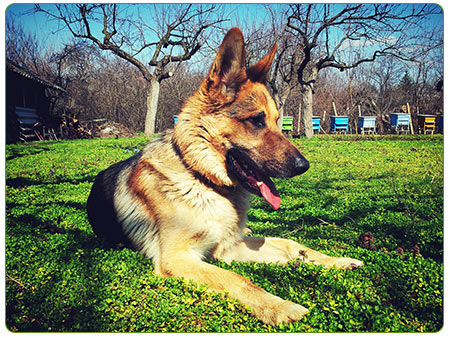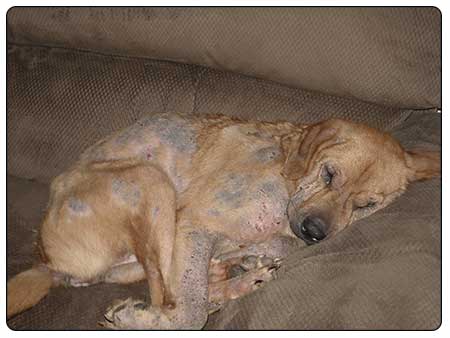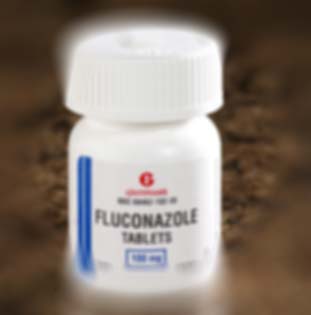When it comes time to treating your Pets Skin Condition, should you result to drugs or use natural healing methods?
Just like us our pet’s can have skin related issues (such as Mange, Yeast Infections). Yeast is a fairly common inflammatory skin condition in pets. The condition is typically caused by overgrowth of the Malassezia species of yeast, which are normal inhabitants of the skin, ears and other areas of the pet’s body.

The infections occur when the yeast reproduces uncontrollably, overpopulating and invading the areas where it normally resides. Usually this will occur when your pet’s immune system becomes compromised and/or strong immunosuppressive drugs are being used. Pets with excessive skin folds such as the brachycephalic (Bulldogs, Pugs) breeds of dogs are at increased risk!
Symptoms of yeast infection may include:
- Intense skin irritation
- Skin Sores
- Sticky discharge
- Greasy coat and hair loss
- Foul-smelling/rancid skin.
- Itchiness and inflammation

The Typical treatment prescribed is a drug called Diflucan (Generic: Fluconazole). It can cost anywhere from $76+ (30ct bottle) and up, depending on the numbers pills prescribed per refill and requires a prescription!
Possible side-effects for Fluconazole include:
- Nausea
- Stomach pain
- Itching
- Loss of appetite
- Clay-colored stools
- Fever & Chills
- Aches
- Skin Blistering & Peeling
- Severe Rash
- Redness of the Skin

Is there an alternative to drugs?
Yes there is! the technology is called Low Level Light Therapy and it’s treatments are safe, effective and an alternative to using prescription drugs!
LumaSoothe’s Low Light Therapy for Pets uses the power of natural light to deliver therapeutic benefits to your pets skin, hair and body. LumaSoothe’s Surface Treatment (ST) Module helps correct hyperpigmentation, reduce skin freckling, eliminate bad bacteria such as yeast, mange and helps regrow lost hair from several conditions including alopecia. LumaSoothe is a great alternative and can work in conjunction with medication already prescribed by your veterinarian!
As always we recommend for you to talk with your veterinarian about the alternatives to medications. Picking the alternative can help you avoid possible bad side effects associated with any prescription or over the counter drugs for your pet’s condition.
[mailmunch-form id=”509784″]


